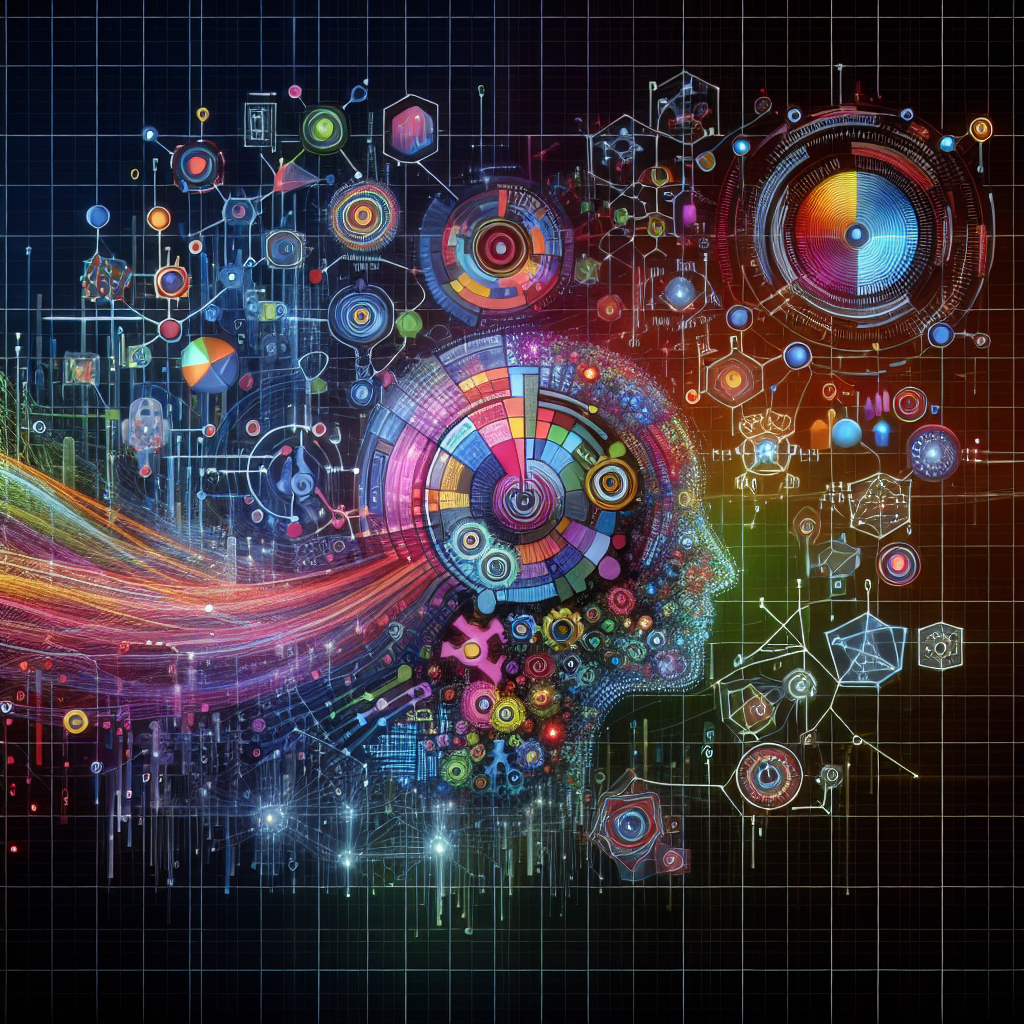Generative AI, also known as generative adversarial networks (GANs), is a type of artificial intelligence technology that has the ability to create new content, such as images, videos, text, and music, based on patterns it has learned from existing data. This technology has the potential to revolutionize the way digital marketing is done, by enabling businesses to create personalized, engaging content at scale.
One of the key applications of generative AI in digital marketing is content creation. Traditionally, creating high-quality content for marketing campaigns can be a time-consuming and expensive process. However, with generative AI, businesses can automate the content creation process by generating images, videos, and text that are tailored to the preferences of individual customers. This can help businesses to create more engaging and personalized marketing campaigns that resonate with their target audience.
Generative AI can also be used to enhance the customer experience. For example, chatbots powered by generative AI can provide more personalized and interactive responses to customer queries, leading to higher engagement and satisfaction rates. Additionally, generative AI can be used to create virtual shopping assistants that can help customers find products that meet their needs and preferences.
Another application of generative AI in digital marketing is in the field of predictive analytics. By analyzing large amounts of data, generative AI can help businesses to predict customer behavior and preferences, allowing them to tailor their marketing campaigns to better meet the needs of their target audience. This can lead to higher conversion rates and increased ROI for marketing campaigns.
Overall, generative AI has the potential to transform the way digital marketing is done, by enabling businesses to create personalized, engaging content at scale, enhance the customer experience, and improve the effectiveness of marketing campaigns. However, there are also challenges and ethical considerations that need to be addressed, such as ensuring the privacy and security of customer data, and mitigating the risk of bias in AI-generated content.
FAQs:
Q: What are the benefits of using generative AI in digital marketing?
A: Some of the benefits of using generative AI in digital marketing include the ability to create personalized and engaging content at scale, enhance the customer experience, and improve the effectiveness of marketing campaigns.
Q: How can businesses implement generative AI in their digital marketing strategies?
A: Businesses can implement generative AI in their digital marketing strategies by leveraging AI-powered tools and platforms that enable them to create personalized content, enhance the customer experience, and analyze customer data to make more informed marketing decisions.
Q: What are some of the challenges of using generative AI in digital marketing?
A: Some of the challenges of using generative AI in digital marketing include ensuring the privacy and security of customer data, mitigating the risk of bias in AI-generated content, and addressing ethical considerations related to the use of AI in marketing.
Q: How can businesses ensure the ethical use of generative AI in digital marketing?
A: Businesses can ensure the ethical use of generative AI in digital marketing by implementing robust data privacy and security measures, conducting regular audits of AI algorithms to identify and mitigate bias, and being transparent with customers about how AI is being used in marketing campaigns.
In conclusion, generative AI has the potential to revolutionize the way digital marketing is done, by enabling businesses to create personalized, engaging content at scale, enhance the customer experience, and improve the effectiveness of marketing campaigns. However, there are also challenges and ethical considerations that need to be addressed in order to ensure the responsible use of this technology. By leveraging generative AI in a thoughtful and ethical manner, businesses can unlock new opportunities for growth and innovation in the digital marketing space.

